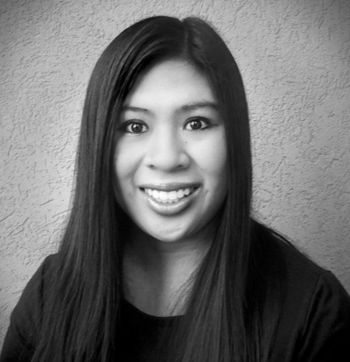Denver school targets faculty, staff with microaggression trainings
The Metropolitan State University of Denver is offering four microaggressions training sessions for faculty and staff during the fall 2019 semester.
Tisha Townsend, chair of the school’s Microaggressions Awareness Campaign and a Scholar Advisor of the Center for Equity and Student Achievement (CESA), said that the training will allow participants to learn how “our own implicit biases affect our interactions with others” and how to “combat” microaggressions to create a more “equitable and inclusive” campus, according to a university news release.
[RELATED: College rolls out colorful approach to ‘microaggressions’’]
The campaign was created to build awareness about the impacts of privilege, identity, and power. It will also be “highlighting the difference between intent and impact.”
Presenters of the campaign will provide tools and resources and help the participants be aware of their own biases.
Campus Reform obtained a slideshow presentation that has been used in past training sessions. The slideshow focuses on examples of microaggressions, “tips for confronting,” and more.
One of the slides also shows microaggression examples of people holding up signs that say, “Are you a man or a woman?”, “So, like, what are you?”, “yes, I am legal,” “but you ALL look alike,” and “Courtney, I never see you as a black girl.”
“Many people confronted for saying or doing something they didn’t realize was offensive often become defensive or confused,” the next slide says.
“Even those of us with the best of intentions who actively fight blatant hatred and prejudice contribute to the problem of microaggressions,” reads another slide.
[RELATED: University rewards staff who attended ‘microaggressions’ seminar]
Steps to “confronting” microaggressions include not being defensive, “interact with people who are different from you,” and “bystander intervention.”
Metropolitan State hosted its first fall 2019 training session on Sept. 10. It will host three more on Oct. 16, Nov. 11, and Dec. 18.
“Even if the microaggressions campaign has not affected me personally, I think it tends to silence free speech because it allows people to be offended by anything,” an MSU Denver student who asked to remain anonymous told Campus Reform.
“It would be like me giving my opinion that Chick-fil-A is better than Popeyes, and someone who loves Popeyes gets offended by that and [doesn’t allow] me to state that,” the student added.
Follow the author of this article on Twitter: @francesanne123

